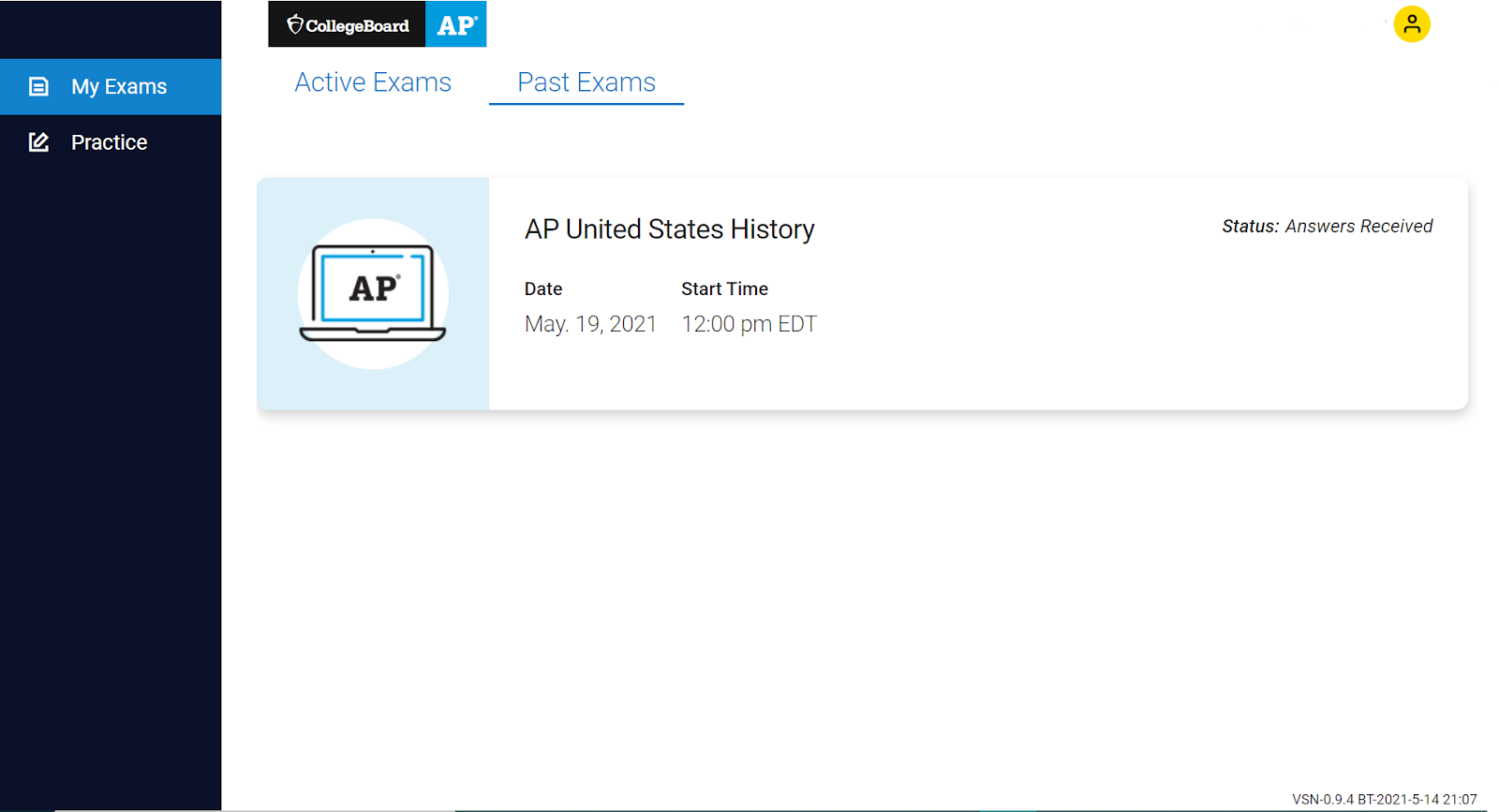Advanced Placement or AP classes demonstrate academic achievement when successfully completed. However, they come with a boatload of stress and anxiety. So the question is, are AP classes worth it?
Student Opinions
Pros
There are many reasons why students take AP classes: they are bored in their other classes, genuinely interested in that topic, or want college credit.
Perhaps the most important reason is that colleges want students who have challenged themselves and have taken tough classes, like AP courses.
These courses are challenging, which is not necessarily a bad thing.
“I love the challenge AP classes provide, because other classes are occasionally too easy, and I can get bored,” said Jordan Wilkens, junior.
While looking for a challenge, you might just find something else — a new interest.
“AP classes are great for exploring what you like and what you do not,” said Koray Latiff, junior. He discovered he enjoyed government much more than he expected during his AP United States Government and Politics class. If you don’t know what field to go into in life, AP classes are a great help as they dive into topics that you may have otherwise never been introduced to.”
Cons
Even though AP courses can help students explore their interests while giving them a challenging course, there are some serious drawbacks.
These classes are more than difficult. They are exhausting and time-consuming. Wilkens “typically spends about an hour for each class, sometimes more if there’s a test or quiz the next day.”
AP classes are not the sole responsibility students have. They have other classes, extracurricular activities, jobs, and more. Needing to spend so much time on one class each day forces students to stay up later to get their other work done.
Over time, doing this becomes draining and causes a lot of stress.
Another issue with AP courses is that even though students take them for college credit, there is no guarantee that students will obtain that credit. The only way to obtain credit is by taking the AP exam in May, which for many students is months after they finished their course. The test itself is difficult and requires a lot of studying to do well on.
If you take the class for the college credit and you bomb the test, then all the work you put into the course was for nothing.
There are alternatives to AP classes, like the College and Career Promise program (read more about it in this article).
This program allows high school students to take courses at Wake Tech. “By passing my CCP classes, I have guaranteed credit at whichever institute I’m applying to (without worrying about an AP exam),” said Ziah Ascalon, junior.
These classes are easier than their AP alternatives, and they allow students to have an actual college transcript while still in high school.
However, “out-of-state schools might not accept your dual-enrollment credit. So if you’re looking to attend out-of-state and want a chance at college credit there, AP would be good for you,” said Ascalon.
So, are AP classes worth it? Not always.
Teacher Opinions
Pros
The teachers have a different perspective on AP classes, but they also think there are benefits and drawbacks.
Cathleen Batten, an AP US Government and Politics and AP Psychology teacher at Leesville, believes that AP courses are fairer than standard high school classes.
“[AP classes] are also standardized. Students are learning the same curriculum around the country and world. It adds a level of fairness,” said Mrs. Batten.
While many students may dislike standardized tests, they have a purpose. Colleges can use scores on standardized exams to compare applicants on an equal playing field.
These classes help students get into college, but they also do so much more.
One of the APUSH teachers at Leesville, Kevin Bacon, believes that these courses will prepare students for higher education.
“I feel that AP classes do prepare students well for the quick-paced, rigorous, college environment that they will face at a four-year college or university,” said Mr. Bacon.
These courses don’t just prepare students for college, but for life too.
“From analyzing the bias of news and media in AP Lit/Lang to implementing energy (and money!) saving technology from AP Environmental Science in future homes, there is far more to be gained from AP courses than an exam score at the end of the year,” said Alexandra Buisson, an AP Environmental Science instructor.
Those are some clear pros, but what about the cons?
Cons
“These courses are incredibly rigorous and will challenge you in ways your other classes have not—both in thought and in time management,” said Ms. Buisson.
These classes are demanding. It is not just that the content is tough, but that there is so much of it.
“Due to limited time, students will cover topics at twice the rate of students in honors classes and will have to self-teach a lot of the basic content,” said Mr. Bacon.
Self-teaching leaves room for error, and many students can not successfully learn by doing solo research.
So in these teachers’ opinions, AP classes provide many good things but at the cost of your time and ability to go in depth with the subjects.
Back to the question: are AP classes worth it?
Well, the answer is more complicated than yes or no. It depends on who you are and why you want to take these classes. If you have the time and can handle the stress, then go for it. If you are only looking for college credit or a course to boost your GPA, try a different route.

Hi! My name is Savannah and I am a staff writer for The Mycenaean. I have been in Girl Scouts for 12 years and I am currently interning with Buffett and Beyond.

Leave a Reply